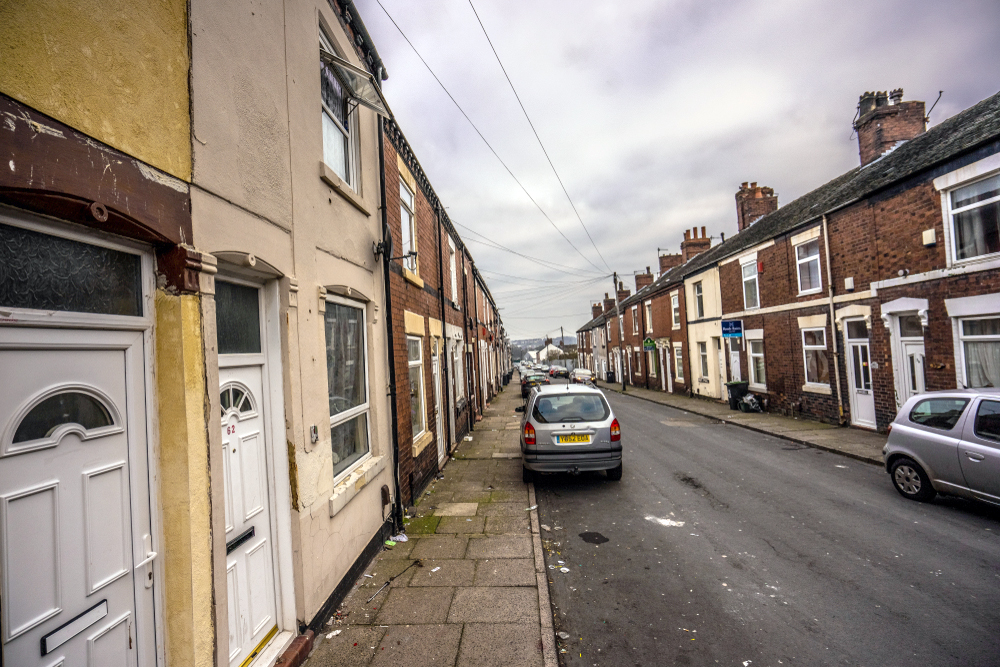Boris Johnson opened his election campaign with a fresh claim to be a “one nation” Conservative – after expelling two dozen actual one nation Tories who refused to vote for his ‘deal’.
The term “one nation” was originally coined by Tory Benjamin Disraeli back in the 1830s in reference to the need to reach out for support to the working classes: since the 1940s it has generally meant a paternalistic view of the welfare state.
But of course the welfare state has since been savaged by the Thatcher government in the 1980s and the Tory-led governments since 2010, with austerity-driven cuts that have widened inequalities between different areas and between rich and poor.
Now as he bids for the votes of pro-Brexit workers, Johnson appears to be donning the “one nation” mantle.
The Independent reported: “In an attempt to drag his campaign back on track, Mr Johnson vowed to usher in a “One Nation Conservative” government that would focus on making the UK the “greatest place to live, to raise a family, to start a business, to send your kids to school”.”
But evidence of his party’s commitment to the opposite approach can be found in the hefty cuts in public health spending that have been imposed in the past 5 years, which land most heavily on the poor, and help to further widen the inequalities in healthy life expectancy between the richest and the most deprived areas.
Local government spending
A recent report from the IPPR has brought together the evidence and calculated the scale of the cutbacks in public health services, which have been driven on by a truly massive 60% cut in local government budgets between 2010 and 2020.
The decline in public health spending adds up to £850m since 2014, with the main cuts imposed on drug and alcohol services (£261m), and sexual health services (£196m): there have also been cuts in smoking cessation initiatives (£85m), health check protection and advice (£72m), obesity services (£26m) and “miscellaneous” public health services (another £220m).
Annual spending has been reduced from a peak of £2.9 billion to £2.3 billion across the whole of England, less than 2% of the NHS budget.
Each of the cutbacks undermines the health of local populations but also increases the longer-term burden on the NHS and other public services.
Poorest cut hardest
But the IPPR points out that the heaviest cuts have fallen on the areas of highest need and deprivation. Fifteen percent of all cuts (almost £1 in every £7) have hit just 7 percent of local government areas – the most deprived ten places.
These poorest areas “have lost approximately 35p in every £1 of their budget” for public health, and the cutbacks in these areas have been far higher on key services such as the national child measurement programme, obesity, drug and alcohol, and smoking, while one of the few services to be increasing nationally, physical activity, is far better resourced in the richest areas (up 76%) compared to the 9% increase in the most deprived areas.
Theresa May’s government agreed a one-off 1 percent increase in public health funding, well short of the £1 billion the IPPR calculates is needed to restore it to the 2014 level. Without real resources to address public health problems, any talk of “one nation” policies is a wilful deception.
Dear Reader,
If you like our content please support our campaigning journalism to protect health care for all.
Our goal is to inform people, hold our politicians to account and help to build change through evidence based ideas.
Everyone should have access to comprehensive healthcare, but our NHS needs support. You can help us to continue to counter bad policy, battle neglect of the NHS and correct dangerous mis-infomation.
Supporters of the NHS are crucial in sustaining our health service and with your help we will be able to engage more people in securing its future.
Please donate to help support our campaigning NHS research and journalism.


